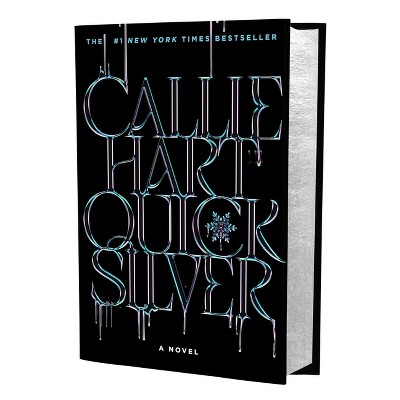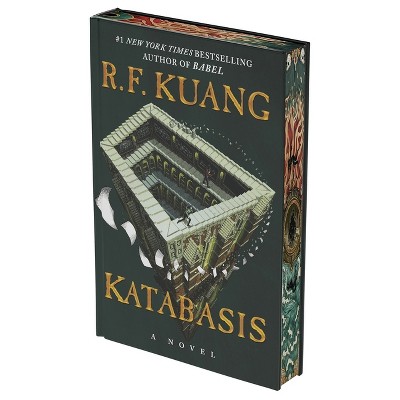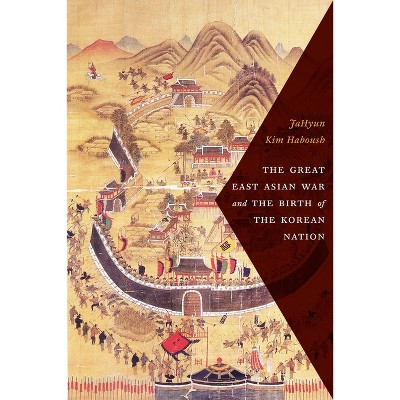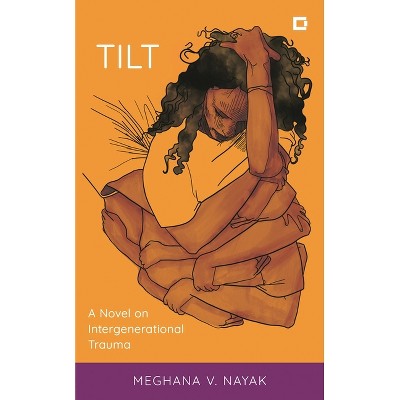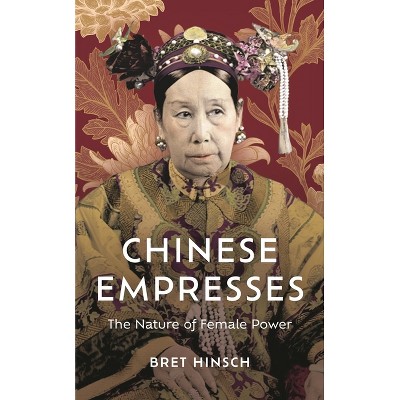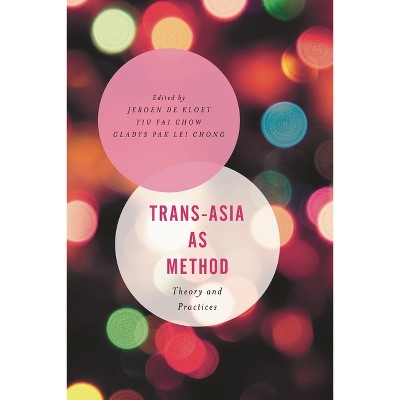Korean Confucianism - (Ceacop East Asian Comparative Ethics, Politics and Philosoph) by Hyoungchan Kim (Paperback)

About this item
Highlights
- This book explores Neo-Confucianism and its relationship to politics by examining the life and work of the two iconic figures of the Joseon dynasty Yi Hwang, (1501-1570, Toegye) and Yi I (1536-1584, Yulgok).
- About the Author: Hyoungchan Kim is Professor in the Department of Philosophy at Korea University
- 238 Pages
- Philosophy, Eastern
- Series Name: Ceacop East Asian Comparative Ethics, Politics and Philosoph
Description
About the Book
This book explores Neo-Confucianism and its relationship to politics by examining the life and work of the two iconic figures of the Joseon dynasty Yi Hwang, (1501-1570, Toegye) and Yi I (1536-1584, Yulgok).Book Synopsis
This book explores Neo-Confucianism and its relationship to politics by examining the life and work of the two iconic figures of the Joseon dynasty Yi Hwang, (1501-1570, Toegye) and Yi I (1536-1584, Yulgok).Review Quotes
Korean Confucianism: ThePhilosophy and Politics of Toegye and Yulgok belongs on the bookshelf of anyone interested in the history of Confucianism. With eloquence and insight, it shows of how two 16th century scholars, who were master and disciple as well as political rivals, revitalized Neo-Confucianism by promoting Confucian self-cultivation and Confucian ideal governance. Armed with deep learning, Hyoungchan Kim illuminates the philosophical as well as the political complexities of Confucianism in Joseon Dynasty. One cannot imagine a more enlightening account of the lived realities of Korean Confucianism in philosophical and political life.
Professor Hyoungchan Kim's Korean Confucianism: The Philosophy and Politics of Toegye and Yulgok is an important contribution to the emerging field of Korean traditional philosophy in general and Korean Neo-Confucianism in particular. This delightful, clear and detailed discussion of the Neo-Confucian philosophical and political visions on the part of Toegye and Yulgok goes a long way in clarifying the significant interconnections of the two different yet related visions in a new light. In particular, it takes readers on a stimulating, challenging and rewarding journey into the intricate workings of the mind, feelings and human nature through the eyes of the two towering Korean philosophers. It will be a must-read primer for anyone considering entering the field of Korean Confucianism in the decades to come.
Korean Confucianism is an excellent introduction to Neo-Confucianism in Korea which discusses the on-going philosophical discourse between two major philosophical figures of the sixteenth century. Part biography, the book's narrative and analysis is enriched with many translated texts accompanied by the original text. This book could become the English-language standard work.
This book is arguably the most comprehensive comparative analysis of the two most influential Korean Neo-Confucian scholars, Yi Toegye and Yi Yulgok, available in English. It is a clear and concise summary of highly sophisticated issues surrounding these scholars. I highly recommend this book for anyone interested in Korean intellectual history and philosophical debates.
About the Author
Hyoungchan Kim is Professor in the Department of Philosophy at Korea University
